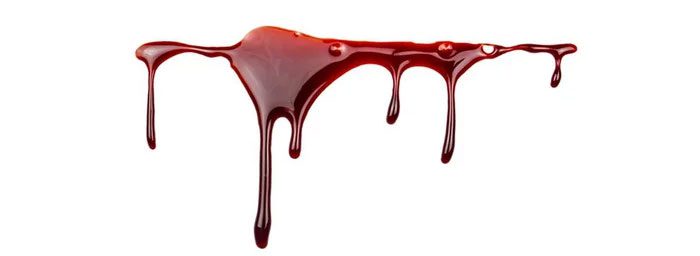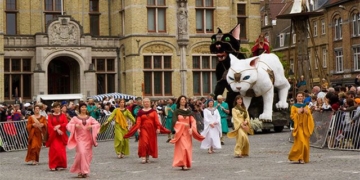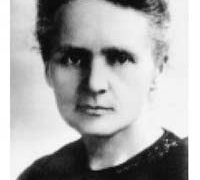A recent study has revealed that some hospitals in Switzerland still rely on a medieval prayer known as “The Secret” to protect patients from excessive bleeding after surgery.
We live in an era where medical professionals have access to numerous scientifically proven tools to prevent excessive bleeding in patients.

The Secret was once widely practiced in the French-speaking region of Switzerland.
However, according to data presented in a recent study, some hospitals in Switzerland still rely on a “healing formula” that dates back to the Middle Ages to prevent people from bleeding to death.
Known as “The Secret” – “the secret” or “blood charm,” it was once widely practiced in the French-speaking region of Switzerland and is believed to work by invoking “supernatural forces to help heal patients.” In fact, this prayer was recently the subject of a study designed to test the efficacy of the ritual.
Unlike in the Middle Ages, modern doctors can use contemporary remedies or techniques to stop bleeding in patients, such as epinephrine and clotting agents. Nevertheless, hospitals in Switzerland continue to use a medieval incantation known as “The Secret” to control bleeding during heart surgeries.
“The Secret is part of a miraculous concept of medicine,” the authors of the study wrote. “It is a remnant of medieval medical practices when medicine was practiced by monks or sorcerers, based on one of the miracles.”
Despite its primitive nature and unproven results, 76% of study participants believed that “The Secret” would protect them from excessive bleeding, and they also actively requested that their doctors perform the ritual before surgery.
For this study, researchers compared bleeding outcomes for 200 patients undergoing invasive coronary procedures in Switzerland. Half of the patients received standard modern medical care, while the other half received standard care plus “The Secret.” The results were measured using the Bleeding Academic Research Consortium (BARC) scale.

“The Secret” did not make a difference in bleeding outcomes.
Not surprisingly, the data showed that “The Secret” made no difference in bleeding outcomes. Among those who received the medieval prayer, 72% did not experience bleeding, 16% had a BARC score of one, and 12% had a BARC score of two.
Among the patients who received only standard medical care, 73% did not experience bleeding, 14% had a BARC score of one, and 13% had a BARC score of two. Essentially, the two groups had extremely similar outcomes.
“Most participants believed that ‘The Secret’ would have psychological benefits, but it had no effect on bleeding,” the authors of the study wrote, adding that the prayer “was not related to cardiovascular outcomes.”
That said, they acknowledged that the ancient prayer might “reduce the anxiety of believers, allowing for some neuropsychological conditions and functioning as a kind of placebo.”
In addition, “The Secret” has been recognized by UNESCO as an intangible cultural heritage. And although it cannot stop bleeding, it is likely that people will continue to request the ritual in hospitals, simply due to their beliefs. What sets it apart from similar rituals in other parts of the world is that in Switzerland, it is accepted by the medical establishment.


















































